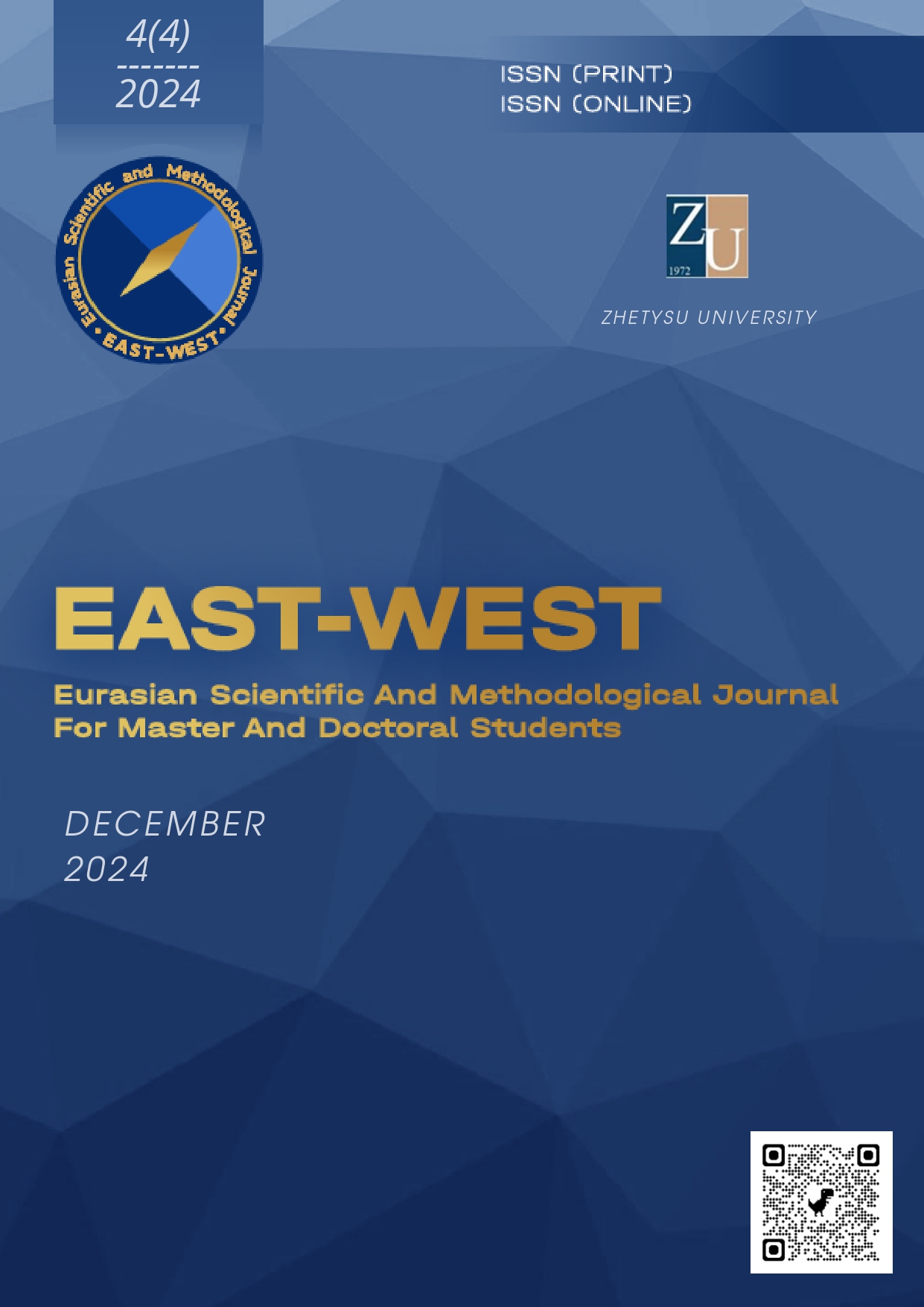Аңдатпа
Мақалада бастауыш сыныпта жаратылыстану пәнінен ғылыми ұғымдарды игеру барысында, зерттеушілік дағдыларды қалыптастыру кезінде басқа да пәндермен кіріктіре, байланыстыра оқыту арқылы жаратылыстың бір тұтастығы жайында жүйелі білім негізі дами бастайтыны көрсетілген. Жаратылыстану пәні балаларда табиғатты тануға қызығушылығының дамуына, қоршаған әлем жайлы ой-өрісін кеңейтуге, ғылыми ұғымдарды қабылдаудың дамуына, қоршаған ортаны қорғау және бағалау біліктіліктерін дамытуға көмегін тигізеді. Мұғалімнің қолдауы, нұсқаулары арқылы бастауыш сынып оқушыларына жаратылыстану сабақтарында зерттеушілік дағдыларын, бақылау жұмыстарын жүргізуге бейімділігін арттыру көзделеді. Зерттеушілік дағдыларын дамытуда жаратылыстану пәні арқылы оқушыларды ойлау, коммуникативтік дағдылар мен біліктіліктердің дамуына бағыттайды. Атап айтқанда негізгі анықталатын мәселе, қоятын сұрақтарды дұрыс құра білу, зерттеу жұмысына жоспар дайындау, түрлі бақылау жұмыстарын жасау, эксперименттер жүргізу, жүргізілген жұмыстар нәтижесі арқылы қорытынды жасау, яғни бағалау, сипаттама беру, пайымдау. Бастауыш сыныпта жаратылыстануды оқыту үдерісінде оқушылар саналы түрде білім мен біліктерді меңгеруі үшін пәннің оқу-әдістемелік кешенін қолдануға, өздігінен оқуды, жоба дайындауды, зерттеу әрекеттерін меңгертуге, дербестігін жетілдіруге бағыттайды. Қазіргі кезеңде оқушылардың өз бетімен білімді игеруіне белсенді іс- әрекетін ұйымдастыру оқу үдерісіне қойылатын негізгі талаптардың бірі. Зерттеушілік, тәжірибелік әдістерді қолдана жүргізілген сабақтар нәтижесінде оқушылар осы мәліметтерді ұзақ уақытқа естеріне сақтап, реті келгенде жаңғыртып, басқа сабақтарда естеріне түсіріп отыратыны анықталған.


